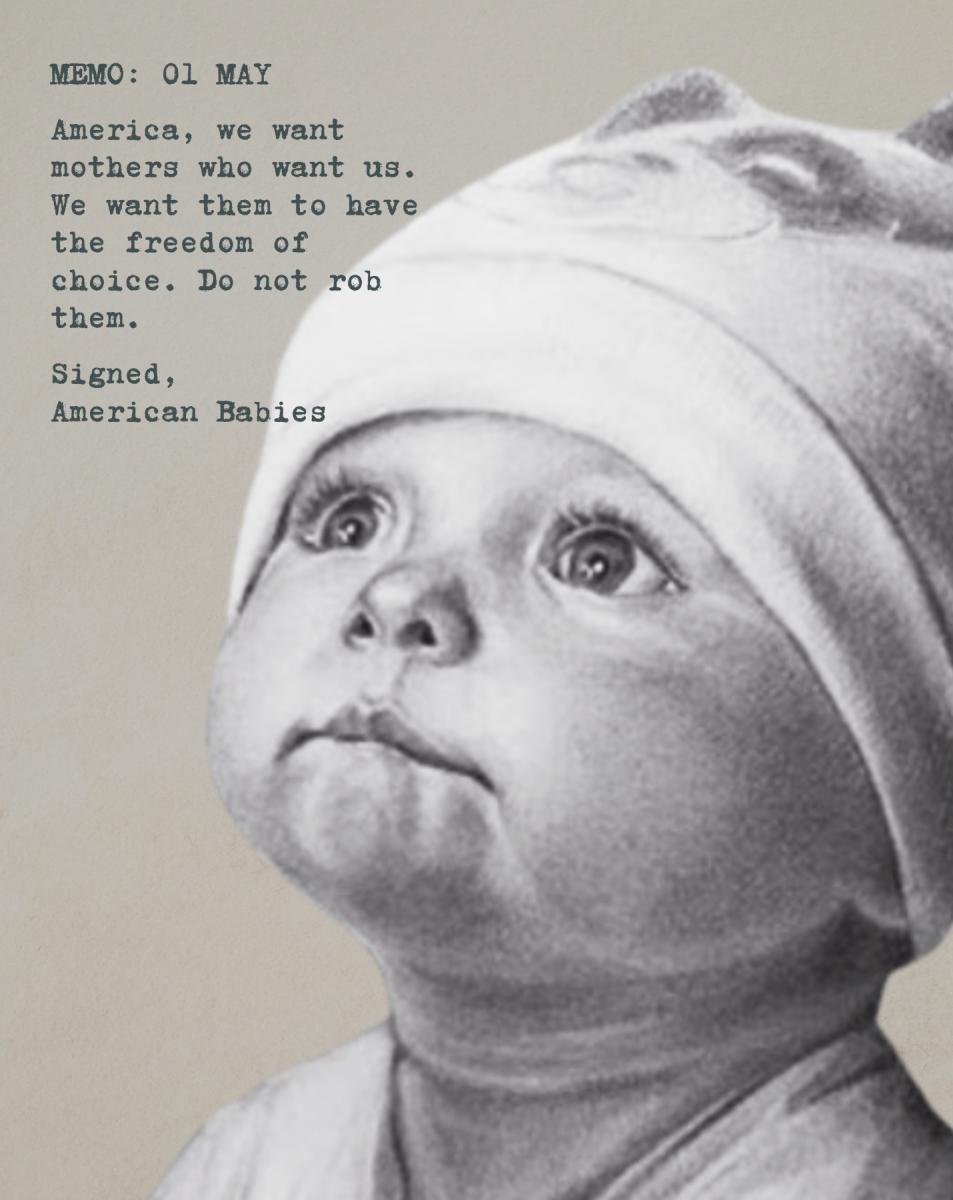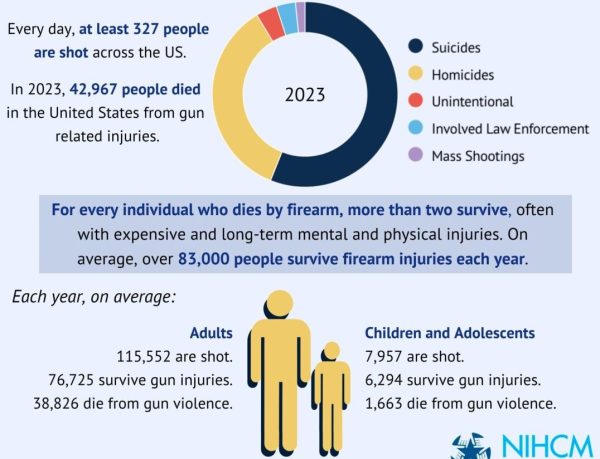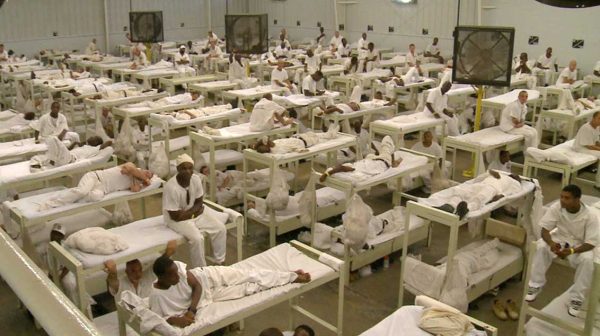Are feminist movie ratings necessary?
June 14, 2014
Last night, I was at the movies, seeing the recently released 22 Jump Street. While the movie was hilarious at times, there was one scene that really irked me. After Jonah Hill’s character wakes up in bed with Amber Stevens’ character, she quickly asks him if he’s going to be “weird about this” and reassures him that it was just “a one-night stand.” Hill’s character is atypical, as he doesn’t want it to be a one-and-done college hookup.
The humor in this scene plays on the fact that it’s not normal: the people in the theaters were amused by a male attempting to cling to a one-night stand instead of the female character. The scene implies that women are clingy and don’t enjoy casual sex– two things which are not always true. It also implied that men are heartless and use women for sex– two more things which aren’t always true.
22 Jump Street wouldn’t pass the Bechdel test.
What is the Bechdel test? It is a test all movies in Sweden must pass to receive an “A”. This “A” lets moviegoers know that there is no sexism in the movie. One could expect a movie rating to warn you about profanity, nudity or violence, but you can’t always anticipate a film’s gender bias. This test challenges that. It provides a way to draw attention to gender inequity in film.
In order to pass the Bechdel test, a movie only has to meet the following three criteria:
1) There are two women with names in the film.
2) They talk to each other at some point.
3) They talk to each other about something other than a man.
“For some people it has been an eye-opener,” Ellen Tejle, the director of art-house movie theater Bio Rio in Stockholm told Buzzfeed.
Tejle also claimed that movie viewers rarely see “a female superhero or a female professor or person who makes it through exciting challenges and masters them.”
The Hunger Games and Thelma and Louise are two popular movies that have passed the Bechdel test. But, favorites such as Up, Pulp Fiction, The Shawshank Remption, The Wedding Singer and all but one of the Harry Potter movies have failed the test. It is also ironic that The Hurt Locker, which was directed by Kathryn Bigalow (who became the first woman to win the Academy Award for Best Director), failed the Bechdel test.
According to a study by the Center for the Study of Women in Television and Film, women accounted for 33% of all characters and only 11% of the protagonists of the top 100 U.S. films of 2011. This test is hoping to fix that skewed statistic; hopefully movies will want to receive and “A” on the test and attempt to portray female characters in a positive light.















